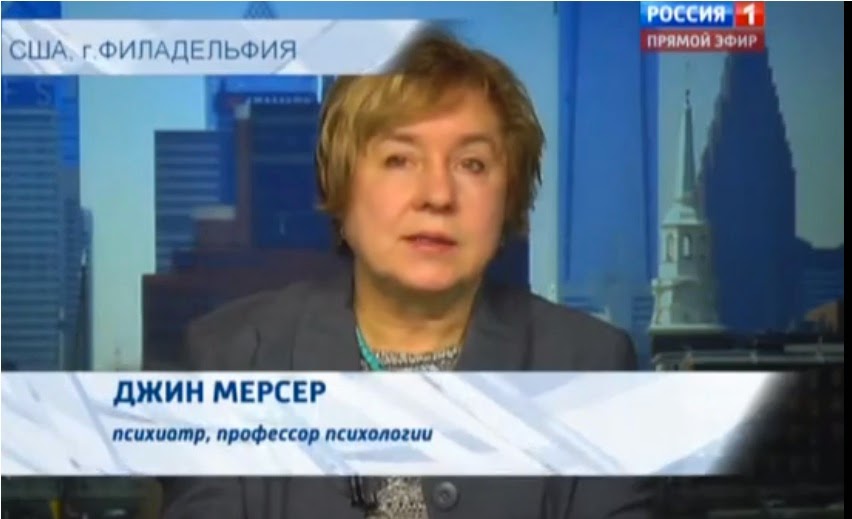When advocates of the parental alienation (PA) belief
system discuss their conjectures about children’s attitudes toward parents,
they often mention the claim that foster children wish very much to return to
their abusive parents. William Bernet and Linda Gottlieb are notable repeaters
of this assertion.
Let’s examine this claim under a strong light, and
then go on to look at the unstated implications.
If PA advocates were talking about children from about
8 months to 5 years, and if the children had been in foster care for a few days
or weeks only, their statement might well be correct. For toddlers and
preschoolers, familiarity trumps almost everything else. After some time passes
and new caregivers and the foster home become familiar, the children are more
likely to avoid parents who not only were abusive but are now unfamiliar. Of
course, these young children are not the usual candidates for PA claims or
related reunification therapies.
Most children in PA cases are between 9 and 17 years
of age, and this is the age group aimed at by reunification therapies. How do
children in this age group respond to foster care? It’s true that in many cases
they would like to leave their foster homes (especially group homes), and the
only place that is usually available to them other than foster care is the home
of abusive parents. Some empirical
research (Maaskant, van Rooij, Bos, & Hermanns (2016), Journal of Social
Work Practice, Vol. 30, pp. 379-396) has shown foster children as thinking
better of the foster parents than of the biological parents, but this does not
necessarily mean that the children would prefer to stay in foster care if they
had a choice.
It’s important to discriminate between wanting to
leave a place (foster home or home of “alienated” parent) and wanting to be
somewhere else (bio parents’ home or preferred parent’s home). There are
multiple reasons why a child in foster care may want to leave the foster
home—just as there are multiple reasons why a child in a PA case might want to
avoid one parent.
Here are some reasons for wanting to leave some foster
homes:
Abuse by foster parents or other children in the home
Unfamiliar food, customs, language
Crowding and lack of privacy
Required contact with authorities who may not be
trusted
Pressure to conform to unfamiliar religious practices
Requirement of transferring to unfamiliar school near
foster home
Loneliness without familiar friends, siblings,
cousins, grandparents
Difficulty in making friends when stigmatized as
foster child
These reasons for wanting to leave a foster home
should not be confused with reasons for wanting to return to the parental home,
such as:
Wanting affection and companionship of parents
Feeling concern about the needs of siblings or others
living in the home
These lists of motives for wanting to leave foster
care and/or return to the parental home show that there are multiple reasons
why such a move might be desired by foster children. But what is very notable
is that children in PA cases do not have most of these motives, if indeed they
have any of them. Children alleged to have PA as the cause of rejection of a
parent are generally living in comfortable middle-class homes (parents who are
not in comfortable circumstances cannot afford PA litigation), have familiar
friends and siblings nearby, attend schools where they are known and
comfortable, do not experience the stigma associated with foster care, have
familiar food and other daily experiences, and are already with the parent they
prefer. These children have none of the reasons foster children might have for
wanting to see a rejected parent, whether or not that rejection is the result
of abuse.
It is clear that the analogy between the foster and PA
living situations does not hold. Why, then, do PA proponents bring up the posited
desire of foster children for their parents as somehow relevant to the
attitudes of children in PA cases?
There is a strong but unstated set of implications
that PA proponents apparently intend to have drawn from their foster child
mantra. Here is what I believe it is:
If foster children still long for their abusive
parents, the attachment, love, or need of children for their parents must be of
extraordinary strength, even outweighing the wish for survival.
If such attachment, love, or need for parents is not
in evidence in PA cases, something horrible must have happened to break the
“instinctual” connection (see Gottlieb for statements about this).
The horrible event could not have been physical or
psychological abuse by the rejected parent, because (returning to the original
claim), such abuse is not enough to change the child’s attachment, love, or
need for parents.
Someone other than the rejected parent must thus have
done the horrible thing.
The only possible culprit is the preferred parent or that
person’s relatives or other proxies.
Thus, QED, the preferred parent is guilty of a form of
abuse so terrible that it alters the basic nature of the child and the needs
that have developed in the course of evolution. The child is now a monster who
has a lost an intrinsic human quality, and must be carefully rehabilitated and
protected from contact with the soul-destroying preferred parent.
If this line of reasoning is not what PA proponents
want us to follow, I wish they would say so. Otherwise, I do not see why they
repeat the unfounded and irrelevant statement about foster children wanting
their abusive parents.


